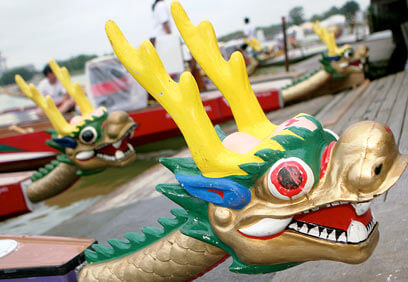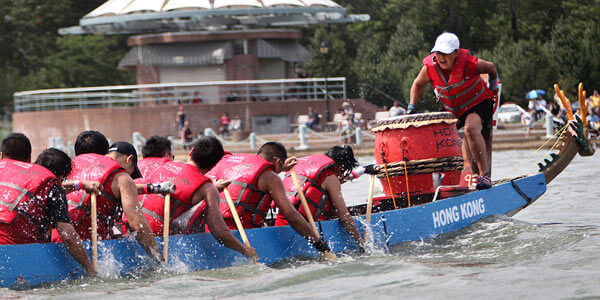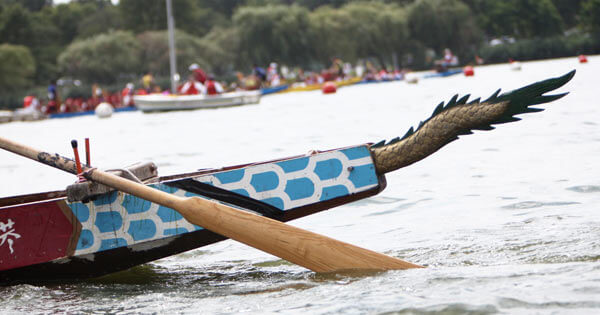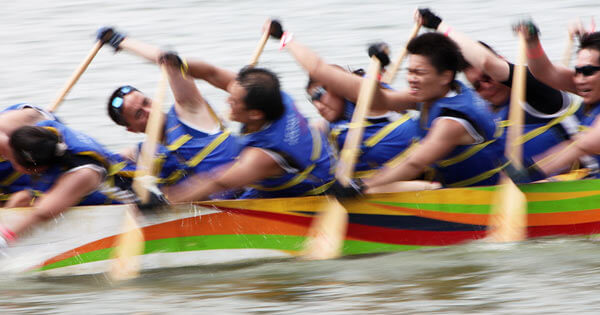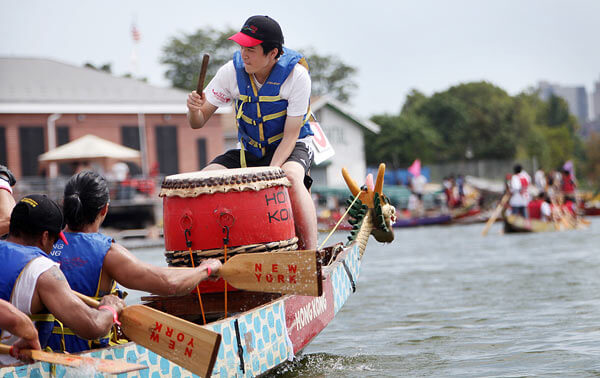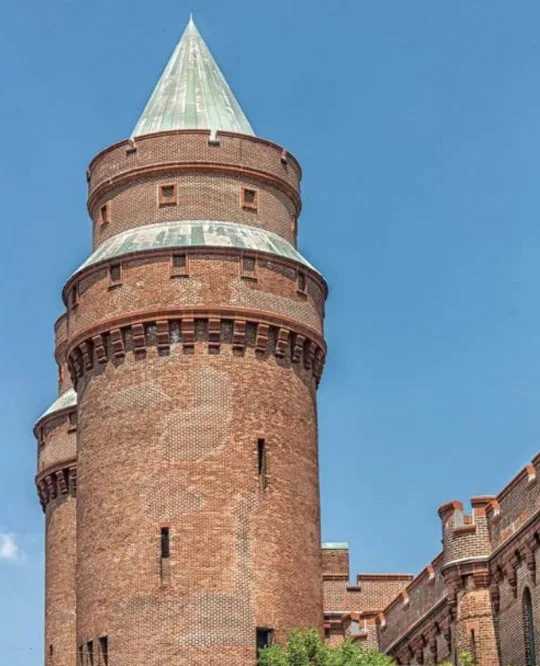Like so many legends, Dragon Boat races reportedly started to honor a man whose fight against tyranny ended with his death.
Qu Yuan served as a court minister for the King of Chu sometime during the late 200s B.C. Because he had the king’s ear, Yuan used his position to lobby for reforms in his home state. Eventually, goes the story, the king had enough of Yuan’s politics and had the minister banished.
Now in exile, Yuan wandered the countryside writing poetry to express his concerns about his homeland and its people. Then, in 278 B.C., Yuan received word his beloved Chu had been invaded. Distraught, he flung himself into the Ni Lo River, where he drowned.
Local fishermen, who witnessed Yuan’s suicidal jump, raced in their boats to the spot where Yuan went under, but were too late to save him. In order to stop the fish from eating Yuan’s body, the fishermen tossed rice dumplings into the water as an offering to his heroic spirit.
Today, rice dumplings are still part of the menu at the Dragon Boat Festival, which begins on the fifth day of the fifth lunar month each year.
In the days before the races, Buddhist monks bless the boats as they are brought out of storage and have their heads and tails reattached. Finally, the boats are brought to life by having their eyes dotted with red paint.
In Hong Kong, the fishermen from the outlying islands of Lantau, Lamma and Cheung Chau continue the Dragon Boat rituals. After the final race, spectators and boaters spend the day watching street theater, Chinese dance performances and martial arts demonstrations.

